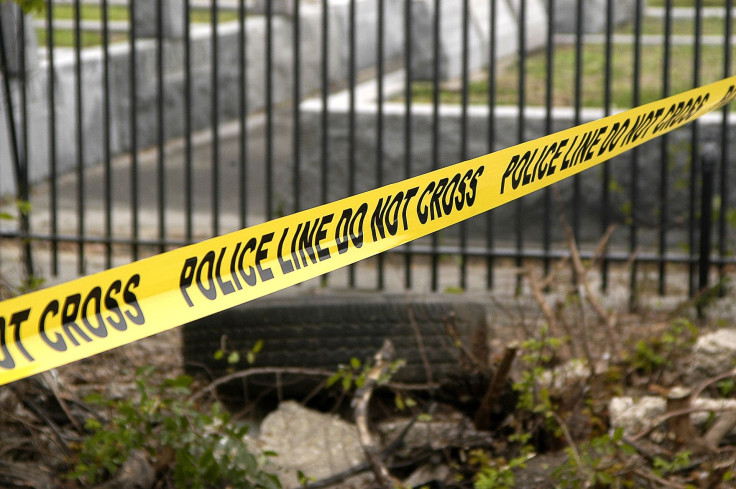Gas Explosion In Pakistan Kills 17, Critically Injures Many
KEY POINTS
- The sewer where leaked gas had accumulated was blocked by illegal construction
- Majority of the people who died had succumbed to injuries from fallen debris
- Video footage showed extensive damage to the building that housed the bank
A gas explosion in Pakistan’s largest city killed at least 17 and left several others critically injured. The blast, which occurred in the Shershah neighborhood of Karachi on Saturday, was caused after the gas accumulated in a closed drain was ignited. Source of the fire is yet to be determined.
Dr. Sabir Memon with the Dr. Ruth Pfau Civil Hospital Karachi (CHK) said a majority of the people died from injuries caused by fallen debris. None of the victims had smelled of explosives or chemicals. Eight injured were discharged after receiving first aid treatment, the Dawn reported.
A private bank sitting atop the drain had blown up in the explosion. Video footage of the scene showed extensive damage to the building that housed it, with debris scattered across the site. Cars parked around the area, too, were damaged.
Following the incident, a bomb squad was called to the scene. A report by the squad confirmed that the blast was caused by accumulation of leaked gas in the sewage pipeline. Officer Zafar Ali Shah said that the bank was under a notice to vacate the area so the officials could clean up the sewage.
"My heartfelt prayers & condolences go to all the families of victims of the twin blasts at Sher Shah Paracha Chowk, Karachi," Pakistan Prime Minister Imran Khan wrote on Twitter, offering his condolences.
My heartfelt prayers & condolences go to all the families of victims of the twin blasts at Sher Shah Paracha Chowk, Karachi. I am especially saddened to hear of the loss of our MNA Alamgir Khan’s father who also perished in the blast. May Allah give him strength to bear this loss
— Imran Khan (@ImranKhanPTI) December 18, 2021
Mohammad Sameer, who witnessed the explosion said he had left the crowded bank shortly before the incident. "Thank God I left the venue otherwise I would also been among the affected ones," he added, according to Associated Press.
Sameer then went back into the damaged building to help and rescue victims.
Information Minister Saeed Ghani said that construction over a drain is illegal. Several sewage channels in the area have been covered by concrete structures constructed on top of it.
"I am unable to understand that how can an institution construct a building on a nullah [drain] and rent it out," the minister said, the Dawn reported.
Ghani added that structures covering drains should be removed and people affected by it must be compensated. The Information Minister further stated that actions must be taken against the departments and officials responsible for the land allotment.

© Copyright IBTimes 2024. All rights reserved.




















